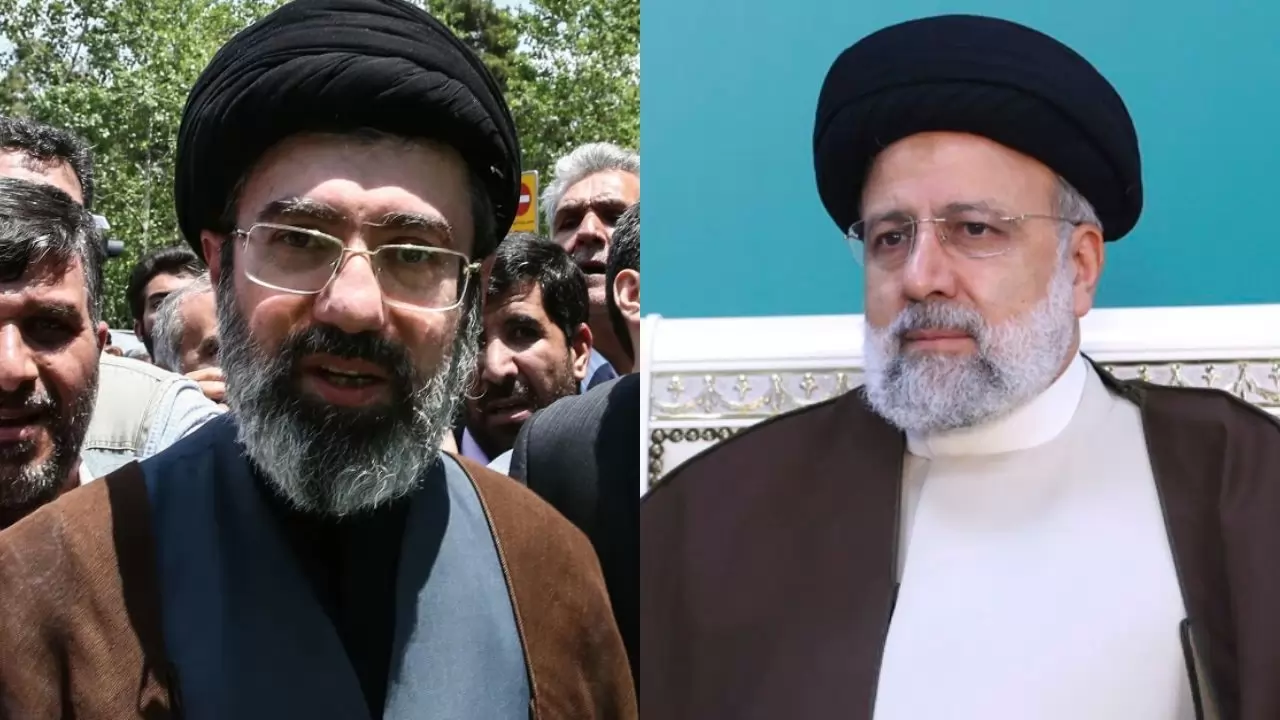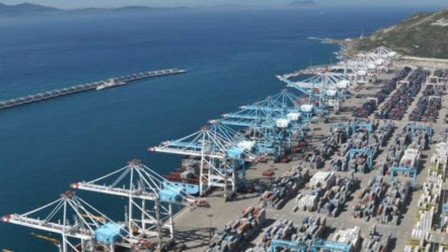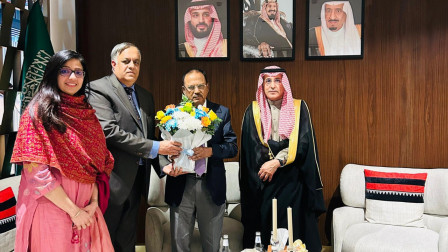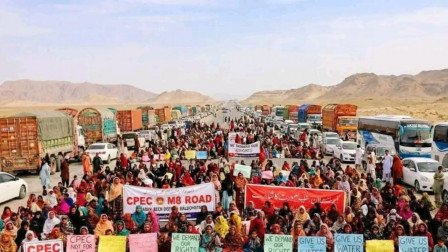
X (Gabriel Noronha)
Mojtaba Khamenei is a relatively enigmatic figure in Iranian politics, known for his close relationship with his father, Ayatollah Ali Khamenei, Iran's Supreme Leader. While he holds no official position within the Iranian government, he is believed to wield significant influence behind the scenes, particularly within the country's security apparatus and conservative circles.
There have been speculations on the social media about his succession as Iran's President Ebrahim Raisi, Foreign Minister and other people were found dead at the crash site in a helicopter crash that occurred due to bad weather in the mountainous region located in the north-west of Iran. Raisi was traveling in Iran's East Azerbaijan province at the time of the accident.
Mojtaba Khamenei was born in 1969 in Mashhad, Iran, to Ayatollah Ali Khamenei and his wife, Khojaste Bagherzadeh. His father, Ayatollah Khamenei, has served as Iran's Supreme Leader since 1989.
Though there is not much is known about Mojtaba Khamenei's formal education or professional background. Unlike some of his siblings who have pursued careers in academia or politics, Mojtaba has maintained a relatively low profile in public life.
Despite his lack of official titles or positions, Mojtaba Khamenei is believed to wield significant influence within Iran's political and security establishment. He is reported to have a close relationship with the Islamic Revolutionary Guard Corps (IRGC), which is one of the most powerful institutions in Iran.
Mojtaba Khamenei is known to hold conservative political views, aligning closely with hardline factions within Iran's political spectrum. He is believed to have played a role in shaping Iran's domestic and foreign policies, particularly regarding issues such as national security and relations with the West.
The selection of the next Supreme Leader involves a complex process that includes consultation among high-ranking clerics, members of the Assembly of Experts, and other influential figures within Iran's political and religious establishment. While familial ties may carry some weight in this process, factors such as religious scholarship, political acumen, and the ability to maintain the regime's stability are also crucial considerations.








Copyright © 2026 Top Indian News
